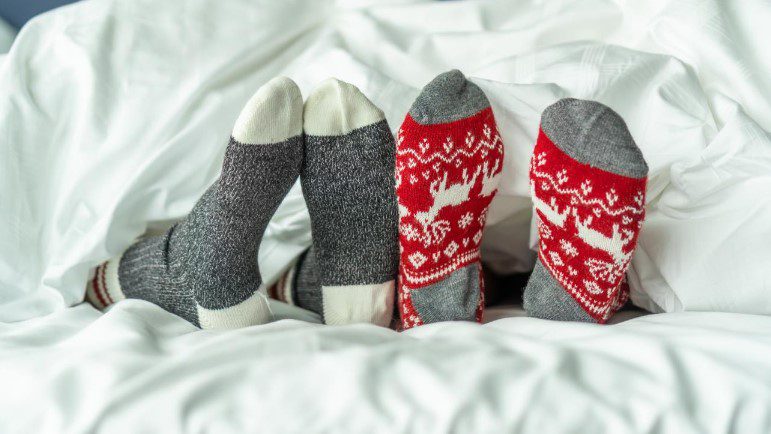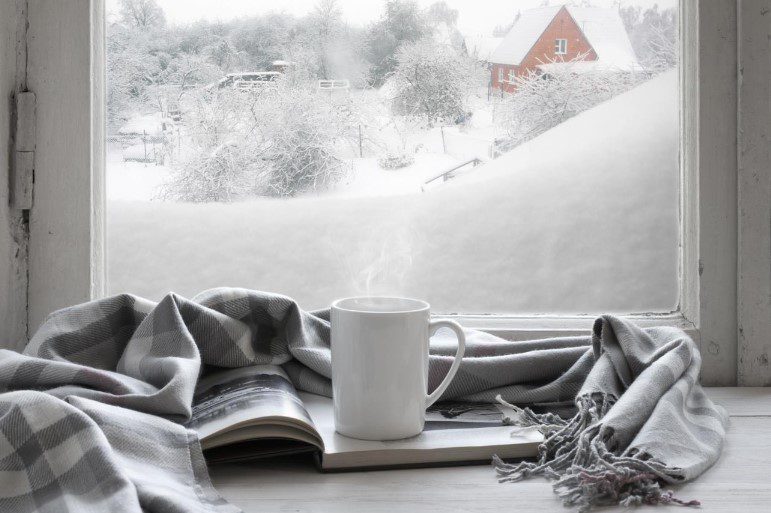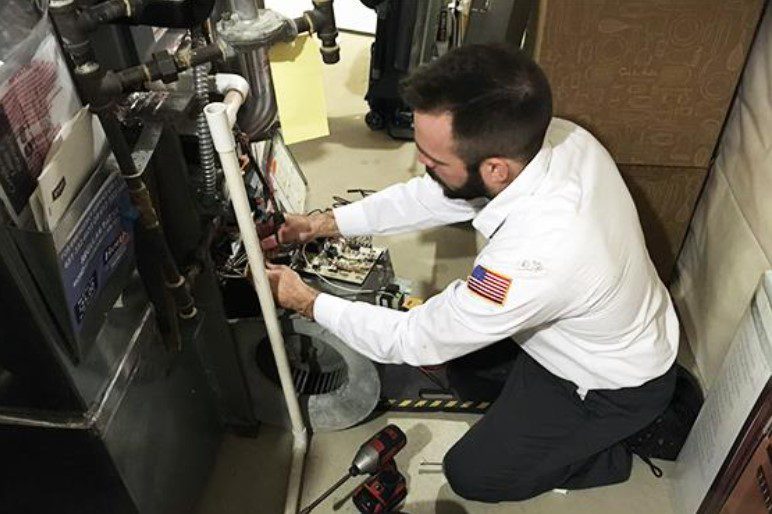Cut heating bills ✂️, sleep better 💤: Here’s how!

What’s the simplest way to get better sleep?
What’s the easiest way to save money on your energy bills?
It turns out that the answer to both questions is the same: Dial in your heating strategy.
The right temperature makes a world of difference, both for your comfort and for your energy bills.
Why does temperature matter for sleep? And what’s the ideal sleeping temperature?
Even if you’re not someone who’s chronically overheated, you may be sleeping “too hot.”
It turns out that the ideal sleeping temperature is about 65 degrees, which is significantly cooler than many people keep their homes – even in winter.
And that’s actually at the high end. The Cleveland Clinic reports that the ideal temperature for sleeping is somewhere between 60 and 67 degrees Fahrenheit.
The reason? Our bodies like to naturally drop in temperature while we sleep, which is part of how we conserve (and actually store up) energy for the next day. A room that’s too hot might feel cozy at first, but it can lead to disruptive, restless sleep.
Of course, you don’t want to freeze, either. If you’re too cold, your body might work too hard to keep you warm and safe, which can mean that you can’t fully relax.
Our recommendation: Try 65 degrees, or even a few degrees colder if you love to bundle up under cozy blankets.
Aside from ensuring optimal rest, the lower temperature during winter months will help you save money on your energy bills.
That leads us to the next point:

Don’t disregard the importance of winter temperature on your energy bills.
In a climate like Minnesota, energy bills can skyrocket during the frigid winter months. The simplest tip is to get accustomed to a daytime temperature of no more than 68 and embrace the art of layering. (If you’re working from home and don’t have video calls, there’s no shame in sweatpants!)
In addition to moderating your home’s temperature, here are a few more things you can do to help lower energy bills:
- Ensure your air filters are checked regularly (every 30-60 days) and changed when they’re visibly dirty, or at least every few months. Your furnace has to work much harder to push warm air through a clogged filter, and that means lower performance, higher energy bills and reducing the life of your furnace.
- Check for drafts and the accumulation of frost around windows and doorways. They’re not just annoying and uncomfortable; they can make a major impact on your energy bills. Caulking drafty openings or buying inexpensive rubber draft shields can make a big difference.
- Close off vents to underused rooms. Unless it’s a room with pipes at risk of freezing, it’s a good idea to close off vents and doors in rooms that you don’t use. A smaller amount of square feet to heat means less energy is needed. You can keep a thermometer in the closed off rooms to ensure the temperature doesn’t drop low enough to cause damage. If you need more heating in certain rooms, Bonfe can also install or replace electric baseboard heating. If you have a larger home, this is a great option to make sure each room is heating to the right temperature.
- Get your furnace tuned up annually. Furnaces and boilers aren’t designed to last forever without maintenance – even high-end furnaces. An annual tune-up can help your furnace or boiler operate more efficiently, which translates to a longer life for your heating equipment and lower bills.

Save money. Sleep better. You deserve to have a comfortable winter with a bit of extra padding in your budget, don’t you think?
If you’re looking for a professional tune-up or just some advice on your heating system, contact the trusted professionals at Bonfe. We offer same-day appointments – even after-hours and our trained technicians can make most repairs on the spot, since they carry a full suite of supplies on their trucks.
